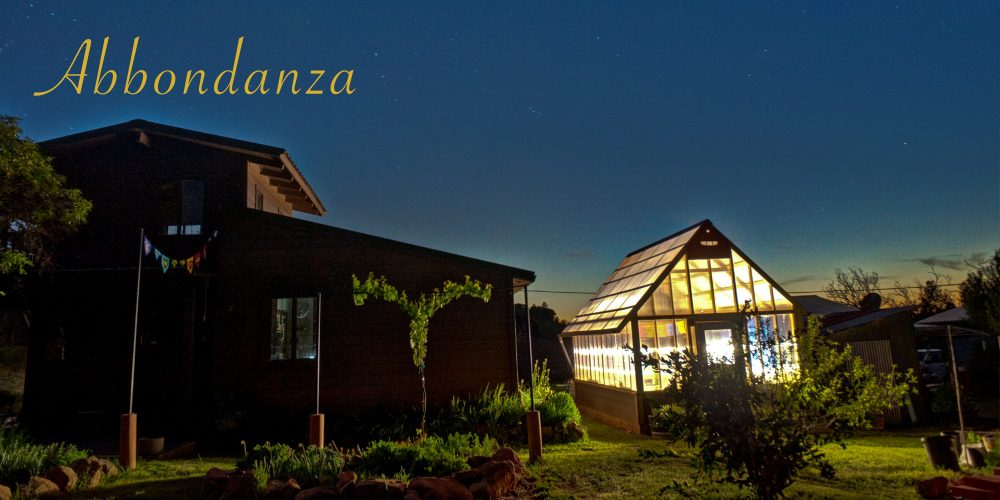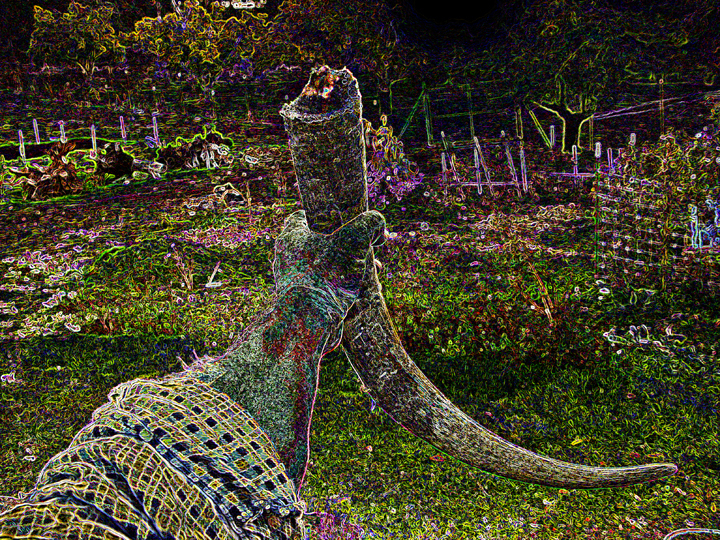Learn More
Biodynamic Principles and Practice
History of Biodynamic Farming
History of Biodynamic Certification
The Origin of “Organic”
Use of the Preparations
Astronomical Calendar Considerations
Demeter Certified Crops versus Products
Recommended Links
Demeter USA
Demeter International
Biodynamic Association USA
Section for Agriculture
BIODYNAMIC PRINCIPLES AND PRACTICE
Biodynamic® agri-culture views the farm as a self-contained, self-sustaining ecosystem responsible for creating and maintaining its individual health and vitality without any external or unnatural additions. It is an integrated farming system that addresses the health of the entire property and maximizes the unique characteristics of each farm.
In practice, soil, plants, animals and humans together create this image of a holistic living organism. On- farm recycling improves the individualizing character of the farm and includes the integration of animals and animal feeds, perennial plants, flowers and trees, water features, and composting. Farms reduce dependence on imported materials for fertility and pest control. Biodynamic farmers strictly avoid all synthetic chemical pesticides, fertilizers and transgenic contamination. Instead, they stress farm-generated, living solutions to pest control and fertility and set aside a minimum of 10% of their total acreage for biodiversity. Water conservation is emphasized. Specially prepared medicinal plants, minerals, and composted animal manures help increase the vitality of the products grown and further anchor each individual farm in time and place. Riparian zones, wetlands, grasslands, and forests: all are considered an integral part of the life of the farm.
The health and well being of the farm animals, the farmer, the farm and the Earth: all are integral parts that make up the whole.
Biodynamic farming is holistic land stewardship at its best. It is the highest paradigm of sustainable farming, offering one of the smallest carbon footprints of any agricultural method.


